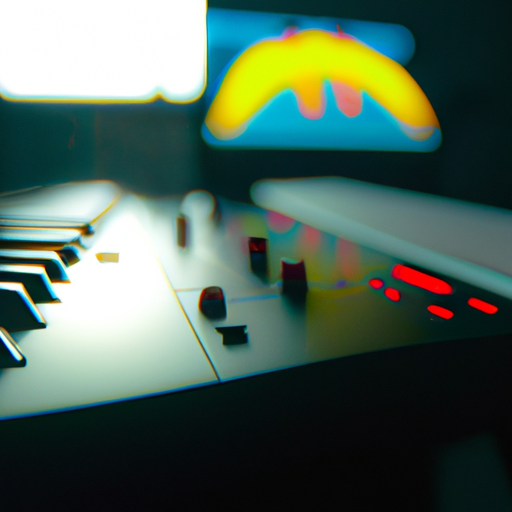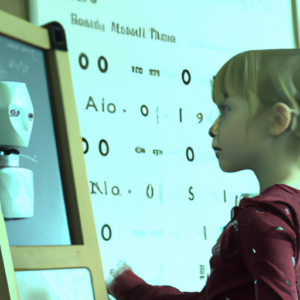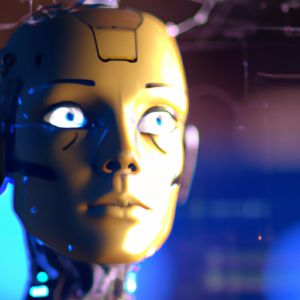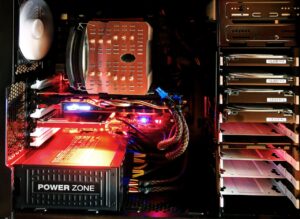Music and AI, how they work harmoniously together.

Music and AI, how they work harmoniously together.
Exploring the Possibilities of Music Creation with AI: How AI is Changing the Music Industry
The music industry is undergoing a revolution, and Artificial Intelligence (AI) is at the forefront of this transformation. AI is being used to create music, automate processes, and even help artists find their own unique sound. AI is changing the way music is created, distributed, and consumed, and it is opening up a world of possibilities for music creators.
AI-generated music is becoming increasingly popular, with AI-generated songs appearing on streaming services and even topping the charts. AI algorithms can generate music that is indistinguishable from human-created music, and they can do it much faster and more efficiently. AI can also be used to create music that is unique and creative, allowing artists to explore new sounds and styles.
AI is also being used to automate processes in the music industry. AI algorithms can be used to analyze music and identify patterns, allowing for faster and more accurate music recommendations. AI can also be used to automate tasks such as mixing and mastering, freeing up time for artists to focus on the creative aspects of their work.
Finally, AI is being used to help artists find their own unique sound. AI algorithms can analyze an artist’s music and suggest new sounds and styles that the artist may not have considered. This can help artists to explore new directions and create music that is truly unique.
The possibilities of AI in the music industry are endless, and it is clear that AI is changing the way music is created, distributed, and consumed. AI is opening up a world of possibilities for music creators, and it is revolutionizing the music industry.
The Impact of AI on Music Production: How AI is Enhancing Music Quality and Efficiency
The impact of artificial intelligence (AI) on music production is undeniable. AI has revolutionized the way music is created, produced, and distributed. AI technology has enabled music producers to create higher quality music with greater efficiency.
AI technology has enabled music producers to create higher quality music. AI algorithms can be used to analyze audio signals and detect patterns in the music. This allows producers to identify and correct errors in the music, as well as to enhance the overall sound quality. AI can also be used to create new sounds and effects, allowing producers to explore new sonic possibilities.
AI technology has also enabled music producers to produce music with greater efficiency. AI algorithms can be used to automate certain tasks, such as mixing and mastering. This allows producers to focus on the creative aspects of music production, rather than spending time on tedious tasks. AI can also be used to generate music in real-time, allowing producers to quickly create new music without having to spend time on manual composition.
In addition, AI technology has enabled music producers to distribute their music more effectively. AI algorithms can be used to analyze user data and identify potential audiences for a particular track. This allows producers to target their music to the right people, increasing the chances of success. AI can also be used to optimize the delivery of music, ensuring that it reaches the right people at the right time.
Overall, AI technology has had a profound impact on music production. AI has enabled producers to create higher quality music with greater efficiency, as well as to distribute their music more effectively. As AI technology continues to evolve, it is likely that its impact on music production will only become more pronounced.







